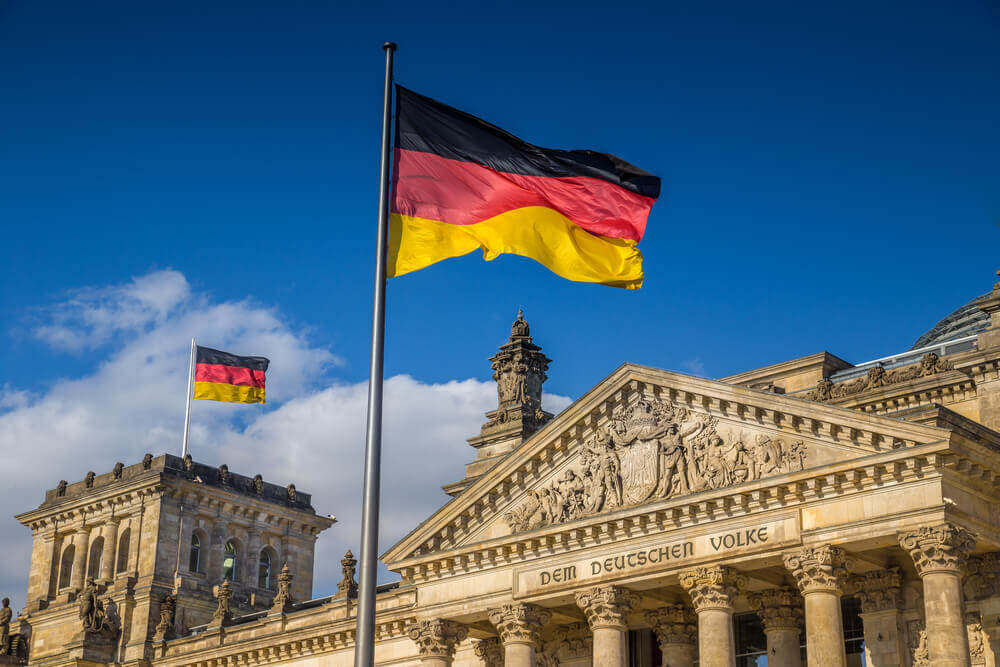
What Germany’s next leader would do to the economy?
On Sunday, after Germany’s upcoming federal election Chancellor Angela Merkel left the office. The country’s priorities will go through dramatic changes, particularly as newer political forces power could soon share the power.
The next Government will certainly be a coalition, but what’s not sure is which parties will form or control a ruling alliance.
These changes will surely impact Germany’s economy, Europe’s most prominent and, arguably, most important.
According to Eurostat, in 2019, Germany generated nearly a quarter of the EU’s total domestic product, equal 24.8%. Therefore, it is a serious matter of what type of Government governs the country during the transition period in global trade and customer trends.
The election is still open. It shows that the ruling conservative alliance of the Christian Democratic Union and Christian Social Union has around 22% of the vote. In comparison, the Social Democratic Party stays in the lead with 25% of the vote. Meanwhile, according to the Insa poll for the Bild newspaper, the Green Party tracks with 15% of the vote.
A new coalition will appear after the vote. German economists comment on this event, saying that some specific alliances might have huge consequences on the country’s economy.
Massive consequences
Germany`s newspaper Frankfurter Allgemeine Zeitung and Ifo Institute surveyed 154 economists at various German universities. Their main question was how the new coalition might affect the country’s economic growth, public debt, unemployment, and income imbalance.
They questioned respondents under which coalition they expected the highest and lowest levels at the end of the next legislative period.
On Tuesday, the survey results found that 84% of the German economists surveyed concluded that the lowest economic growth rate would result from a coalition of the SPD, the Greens, and the Left Party.
However, 54% of the economists also conclude that such an alliance might significantly reduce income imbalance.


